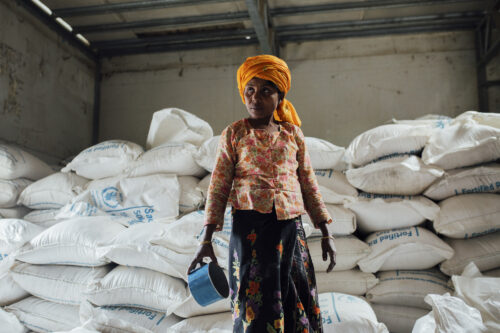An International Human Rights Approach to Eradicating COVID-19
The race to develop and put on the market a COVID-19 vaccine is gathering pace. While it seems like there…
The race to develop and put on the market a COVID-19 vaccine is gathering pace. While it seems like there…

As humanitarian organizations operating in Gaza, it is our experience that the humanitarian response in Gaza, including U.S. funded humanitarian assistance, has been consistently and arbitrarily denied, restricted, and impeded by the Israeli authorities.
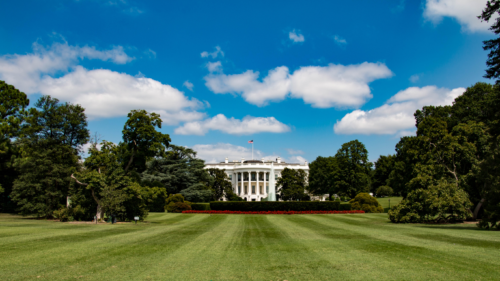
The long-anticipated Department of Defense Instruction (DoDI) on Civilian Harm Mitigation and Response (CHMR),…
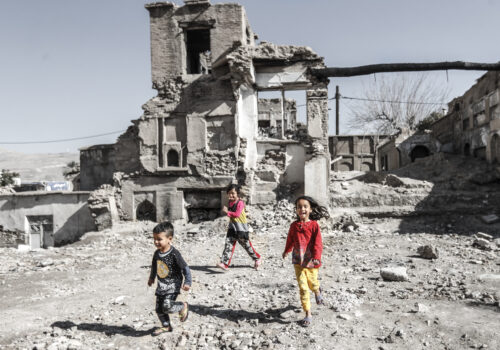
Significant strides were made last week in how the U.S. Department of Defense prevents and mitigates civilian harm. On August…

On October 28, 2021, over 100 non-governmental organizations, including InterAction, sent the following letter to U.S. National Security Advisor Jake…

Like most true humanitarians, Kathryn (Katie) Striffolino is driven by her love of travel and of going above and beyond…
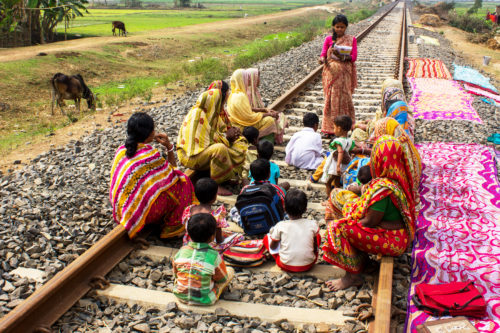
Part one of a five-part series on CSO organizational development.
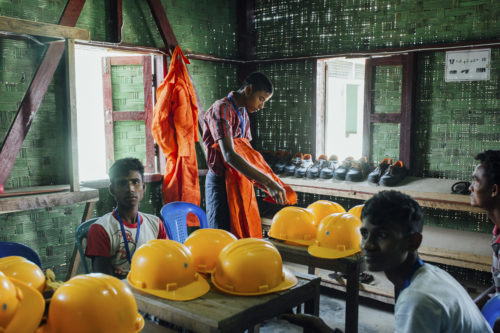
Today, aboriginal people endure poverty, illness and human rights abuses at far higher rates than the rest of the world.
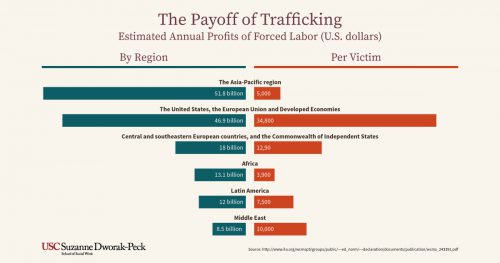
In the United States, Enrile says, major events like the Super Bowl can draw three times the normal volume of sex trafficking
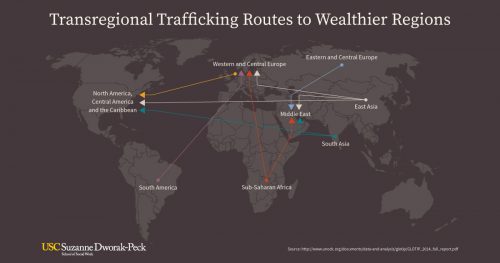
The Practical Measures give guidance on policy, operational practice, and relations with partners and allies before, during, and after operations to avoid contributing to food insecurity.
